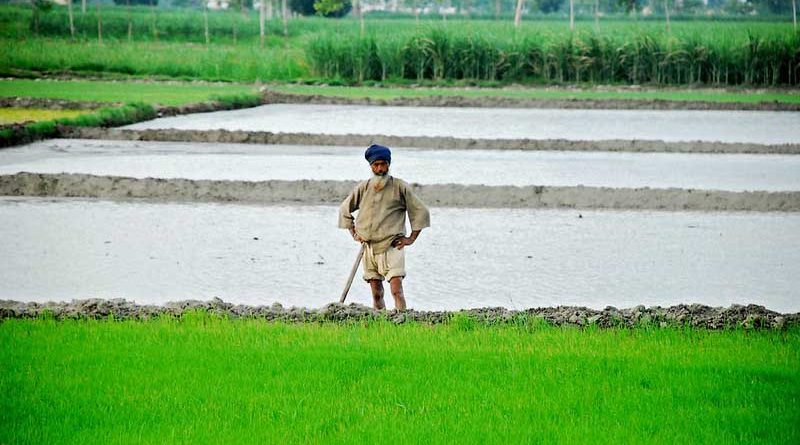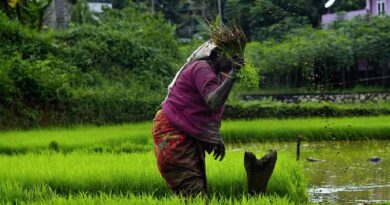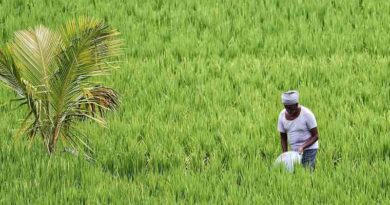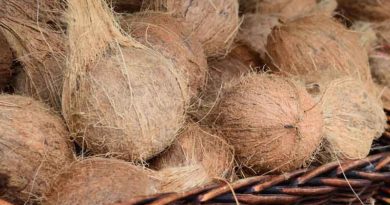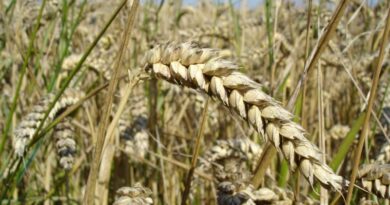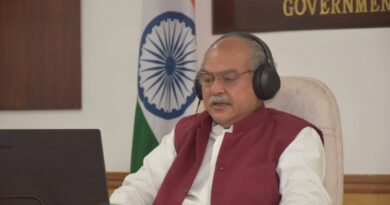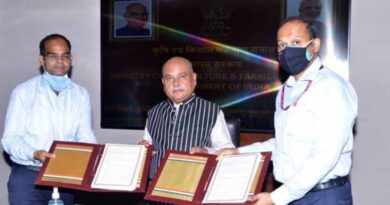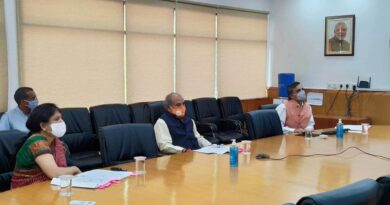Govt announces MSP of Kharif Crops
Govt announces MSP of Kharif Crops for marketing season 2020-21
01 June 2020, New Delhi: The Cabinet Committee on Economic Affairs (CCEA) chaired by the Hon’ble Prime Minister Mr. Narendra Modi has approved the increase in the Minimum Support Prices (MSPs) for all mandated Kharif crops for marketing season 2020-21.
Government has increased the MSP of Kharif crops for marketing season 2020-21, to ensure remunerative prices to the growers for their produce. The highest increase in MSP is proposed for nigerseed (Rs 755 per quintal) followed by sesamum (Rs 370 per quintal), urad (Rs 300 per quintal) and cotton (long staple) (Rs 275 per quintal). The differential remuneration is aimed at encouraging crop diversification.
MSP of Kharif Crops for marketing season 2020-21
| Sl. No | Crops | Projected Cost* KMS 2020-21 | MSP for Kharif 2020-21 | Return over Cost (in %) |
| 1 | Paddy (Common) | 1,245 | 1,868 | 50 |
| 2 | Paddy (Grade A)^ | – | 1,888 | – |
| 3 | Jowar (Hybrid) | 1,746 | 2,620 | 50 |
| 4 | Jowar (Maldandi)^ | – | 2,640 | – |
| 5 | Bajra | 1,175 | 2,150 | 83 |
| 6 | Ragi | 2,194 | 3,295 | 50 |
| 7 | Maize | 1,213 | 1,850 | 53 |
| 8 | Tur (Arhar) | 3,796 | 6,000 | 58 |
| 9 | Moong | 4,797 | 7,196 | 50 |
| 10 | Urad | 3,660 | 6,000 | 64 |
| 11 | Groundnut | 3,515 | 5,275 | 50 |
| 12 | Sunflower Seed | 3,921 | 5,885 | 50 |
| 13 | Soybean (yellow) | 2,587 | 3,880 | 50 |
| 14 | Sesamum | 4,570 | 6,855 | 50 |
| 15 | Nigerseed | 4,462 | 6,695 | 50 |
| 16 | Cotton (Medium Staple) | 3,676 | 5,515 | 50 |
| 17 | Cotton (Long Staple)^ | – | 5,825 | – |
Fair remuneration for the farmers
The increase in MSP for Kharif Crops for marketing season 2020-21 is in line with the Union Budget 2018-19 announcement of fixing the MSPs at a level of at least 1.5 times of the All-India weighted average Cost of Production (CoP), aiming at reasonably fair remuneration for the farmers. The expected returns to farmers over their cost of production are estimated to be highest in case of Bajra (83%) followed by urad (64%), tur (58%) and maize (53%). For rest of the crops, return to farmers over their cost of production is estimated to be at least 50%.
Government’s strategy is to promote sustainable agriculture with diversified cropping pattern matching with the country’s agro-climatic conditions. Government has tried to replaced production-centric approach by income-centric approach.
Demand supply imbalance
In order to improvise the demand supply imbalance, efforts were made over the last few years to realign the MPSs in favour of oilseeds, pulses and coarse cereals to encourage farmers shift to larger area under these crops and adopt best technologies and farm practices.
The added focus on nutri-rich nutri-cereals is to incentivize its production in the areas where rice-wheat cannot be grown without long term adverse implications for groundwater table.
Under the lockdown situation, efforts are being made to facilitate marketing of agricultural produce by the farmers. Advisories have been issued by the Union Government to State Governments / UT to facilitate Direct Marketing, enabling direct purchase from the farmers / FPOs / Cooperatives etc. by Bulk Buyers / Big Retailers / Processors by limiting regulation under State APMC Act.

